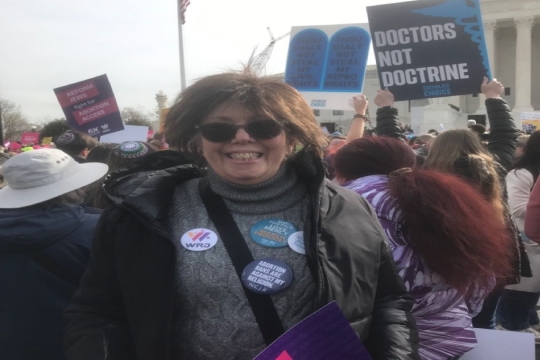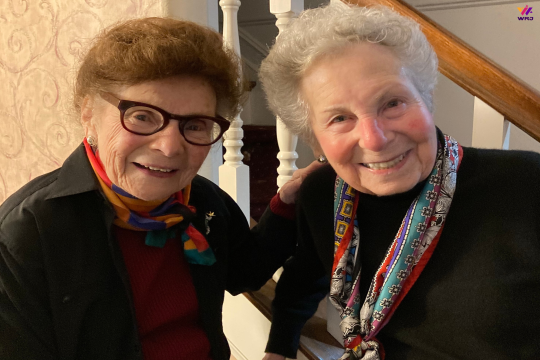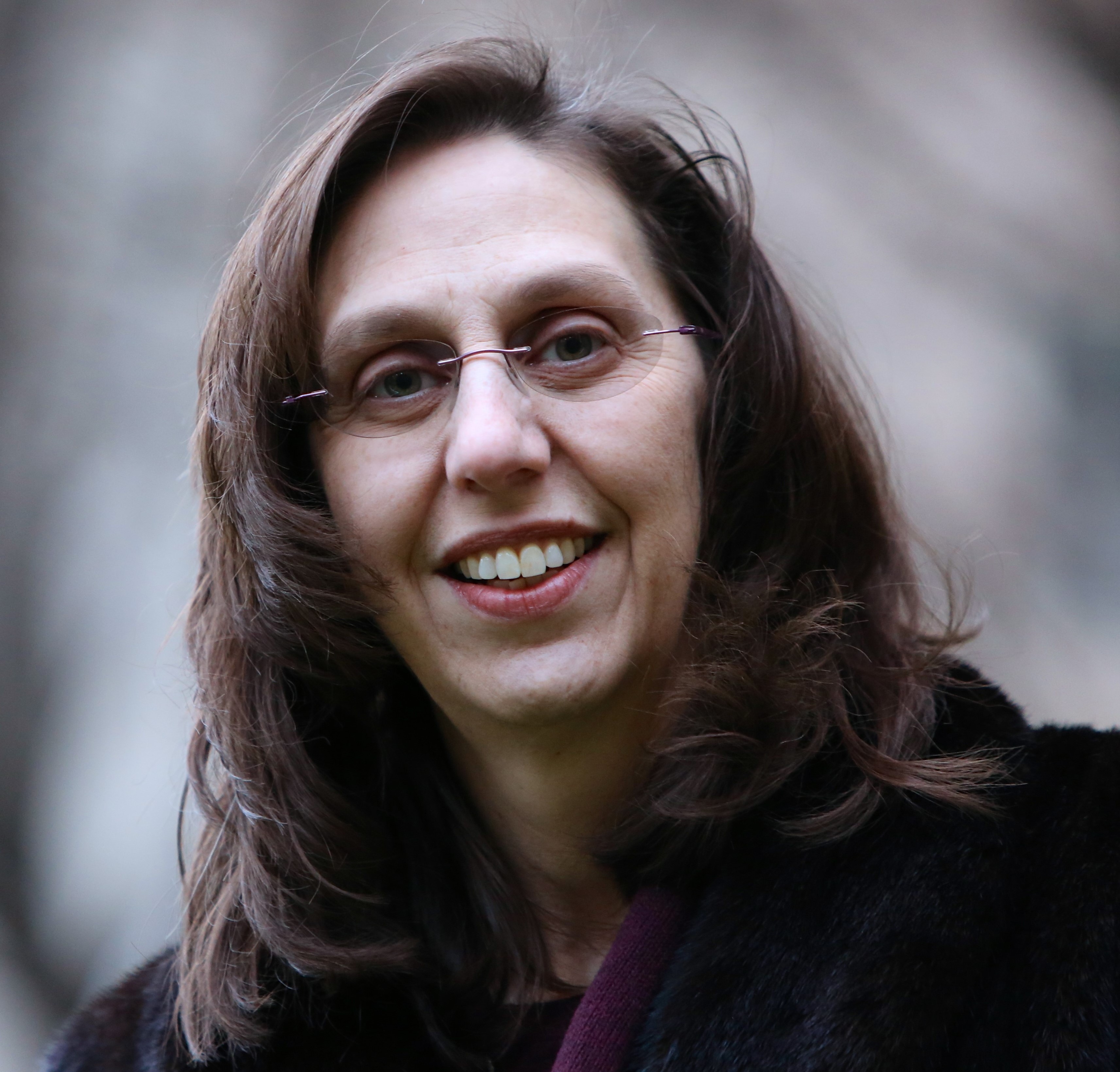
There is an oft-told parable from India about six people who had never before encountered an elephant. Unable to see, when they reached out to touch it, the elephant presented itself to their respective inquiring hands like a wall, a spear, a snake, a tree, a fan, and a rope. No one was wrong, but certainly, no one understood the complete story.
This week, Parashat B’haalot’cha is like our elephant – so many seemingly disparate parts make up its whole. We get a description of the golden menorah, and the Levites get their jobs to be of service in the Tabernacle (Numbers 8:1-26). A cloud by day and a fire by night hover over the Tabernacle. The cloud lifts and the Israelites finally leave the Mount Sinai encampments to begin their journey through the desert (9:15-10:36). The people whine about manna, and demand meat – then gluttony leads to illness. Whoops. As part of this story, 70 elders get appointed to share the burden of governance with Moses, and, for better or worse, the board meeting is born. (11:1-34) Miriam and Aaron gossip and speak badly about Moses’s wife, a “Cushite woman,” and Miriam is punished with leprosy. Moses prays, Miriam recovers, and the desert journey continues. (12:1-16)
Parashat B’haalot’cha has many lessons for us. From the impact of racism and misogyny to governance structures and obligations to our community and G-d. It bounces from holiness to the most mundane, and from mistakes to punishment to prayer to recovery. Our people are transitioning from slavery to freedom and self-governance, and it isn’t easy.
Tucked in among all of these growing pains, false starts, and missteps, Numbers chapter 9 holds a very special nugget of hope – the idea of the Second Passover.
We are commanded to make the annual Passover sacrifice that reminds us of that essential moment when we marked our houses, declaring ourselves to be in this community that will follow G-d into the desert. Blood on the doorposts in Egypt and a modern-day Mezuzah both announce the same thing – a member of the Jewish community lives here.
But if you are ritually unclean at the time of the annual Passover celebration and sacrifice, you are barred from participating in this major communal event. And the parashah also teaches that if someone voluntarily excludes themselves from making the Passover sacrifice, that failure is an act of heresy that cuts them off from the people, permanently. The people were scared – could they be forcibly excommunicated by circumstances beyond their control?
G-d’s response is both unexpected and compassionate. Exactly one month after Passover, on the 15th of the month of Iyar, there is a place in the calendar for a second Passover. A do-over. A second chance to declare yourself part of the community and perform the Passover rituals.
I paid no attention to the Second Passover when I was growing up. While Passover remains a major part of the Jewish communal experience, there is no risk of ex-communication today if you skip Seder, so, frankly, it never came up.
Then life happened. And just when I needed it most, my father gave me a tremendous gift. When I needed it most, he taught me his understanding that we all hold inside ourselves the power of the Second Passover.
During a particular High Holy Days season, I was in the middle of my divorce. I felt closed off from the community and impure. The prayers did not speak to me - not the communal repentance, not the individual review and accounting, and certainly not the forgiving. So, my father taught me about Second Passover and extended the concept to the High Holy Days. He showed me that I had the freedom to be where I was at that moment. It was okay that I was not okay. The community and the ritual would be there when I was ready.
When we are tired by the fight, when we feel that the stressors in our lives are making us “ritually impure,” it’s OK to step back and take a moment and breathe. That doesn’t mean that we are separating ourselves from the community, just that we are exercising our right to take care of ourselves. The fight will be there in the morning when we are ready when our hearts are full of passion, and our bodies overflowing with energy. Then, we can embrace our Second Passover, our second chance, and rejoin the fight. And we never have to apologize or explain why we need a Second Passover – it’s just there for us, with all of its unique and special freedom.
And so, I share with you, to use whenever you need it, my father’s gift that comes out of this week’s parashah – the gift of a Second Passover.
Related Posts

Andrea Stillman: A WRJ Leadership Spotlight


